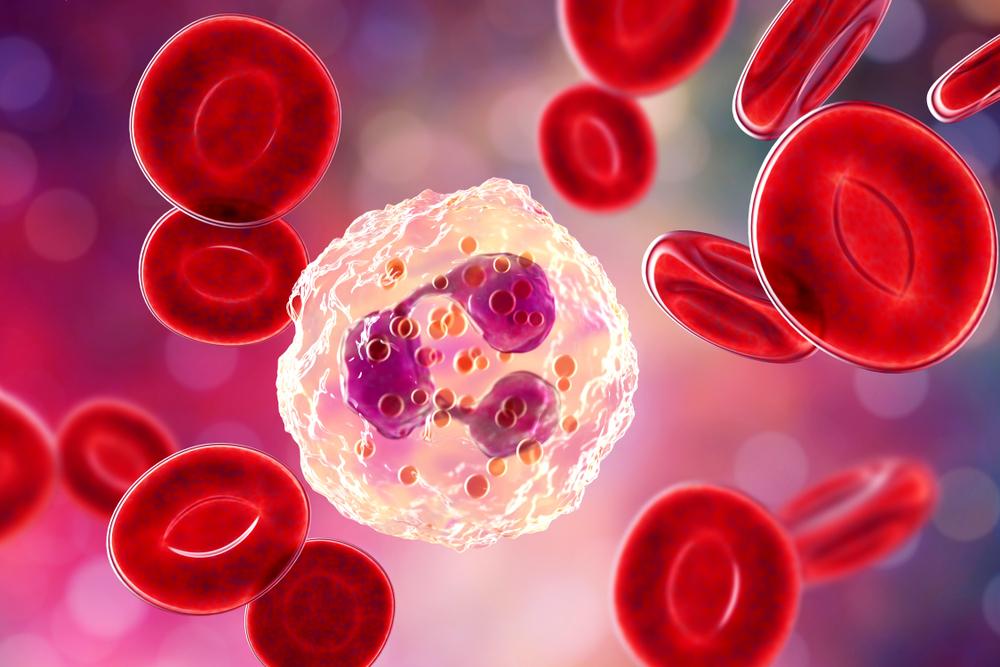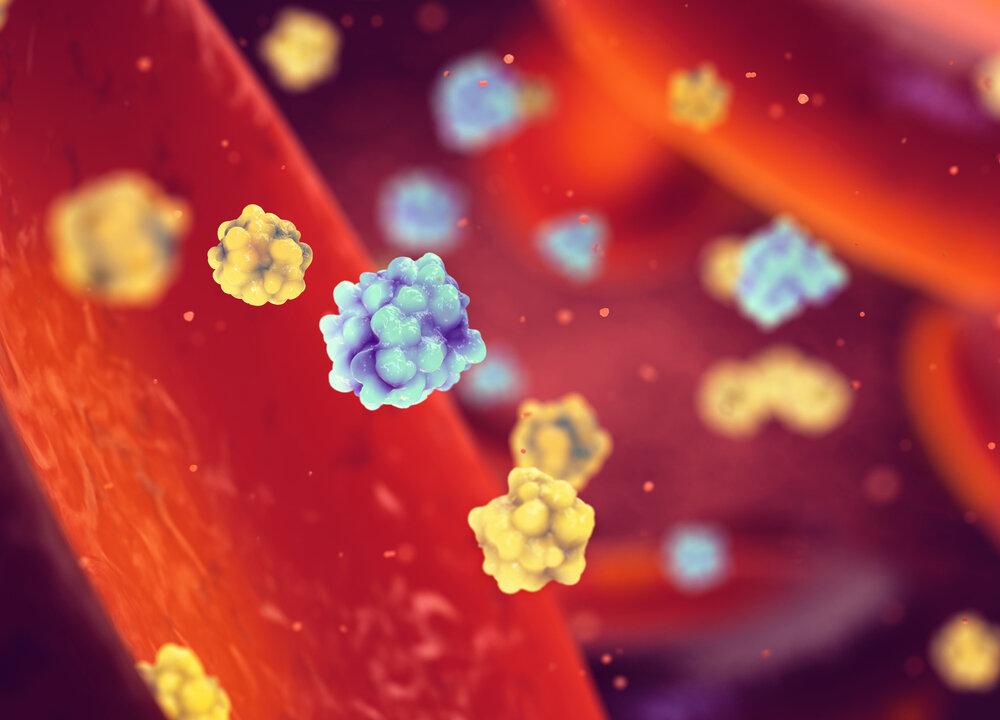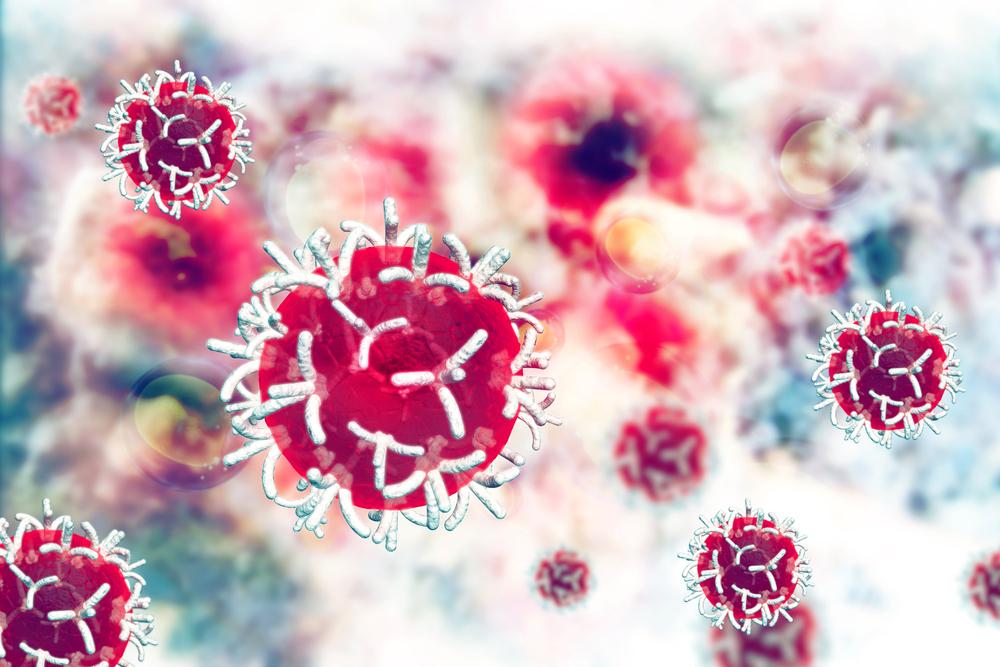The Idaho state house passed a bill on Nov. 16 to compensate workers who fall ill from receiving the vaccine under employer-enforced mandates.
The bill stated that employees who experience vaccine-induced injuries or accidents should be compensated if receiving the COVID-19 vaccine as a “condition of hiring or continued employment.”




